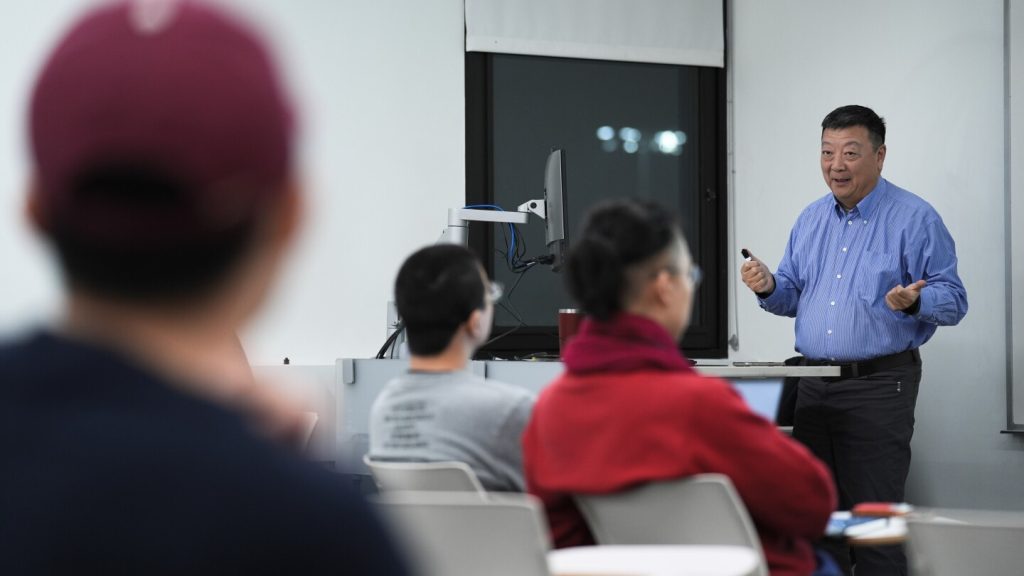There is a race among tech companies to develop artificial general intelligence (AGI), which aims to create machines that are as smart as humans. Companies like OpenAI and tech giants such as Amazon, Google, Meta, and Microsoft are prioritizing the development of AGI. However, concerns have been raised by leading AI scientists about the potential risks posed by unchecked AI agents with long-term planning skills. The concept of AGI is constantly being redefined as researchers work towards achieving this futuristic vision.
AGI is not to be confused with generative AI, which focuses on creating new documents, images, and sounds. It is a vague concept without a clear technical definition, according to AI scientist Geoffrey Hinton. He defines AGI as AI that is as good as humans in nearly all cognitive tasks. Some researchers use the term “superintelligence” to refer to AGIs that surpass human intelligence. The term AGI was coined by a group of early proponents who wanted to emphasize the original vision of creating intelligent machines before AI research evolved into specialized technologies like face recognition and voice assistants.
The development of AGI has raised questions about how to measure its attainment. With advancements in autoregressive AI techniques and massive computing power, impressive chatbots have been created, but they still fall short of the broad intelligence required for AGI. Some researchers believe that consensus is needed to define and classify AGI, while others are working independently. Companies like OpenAI have set up governance structures to determine when their AI systems achieve AGI, which could have significant implications for their partnerships and commercialization rights.
Concerns about the dangers of AGI have been raised by AI scientists like Hinton and researchers like Michael Cohen. Cohen’s research suggests that AI systems with advanced planning skills could pose a threat by outplanning humans. While these systems do not currently exist, the potential for their development raises important considerations for policymakers and governments. Efforts are being made to address regulatory frameworks and ensure transparency in AI development to mitigate potential risks associated with AGI.
The concept of AGI has gained popularity in the tech industry, attracting attention from venture capitalists and even celebrities like MC Hammer. Companies like DeepMind, OpenAI, Google, and Meta are leading the charge in developing AGI, with a focus on safety and responsible AI development. The corporate buzz around AGI has divided the tech world into camps that advocate for cautious progress and those who support accelerationist approaches. The race towards AGI has become a key agenda for tech companies, with ambitions to achieve full general intelligence and advance cognitive abilities like reasoning and planning. This shift in focus towards AGI could influence the recruitment of AI talent and shape the future of AI research and development.


